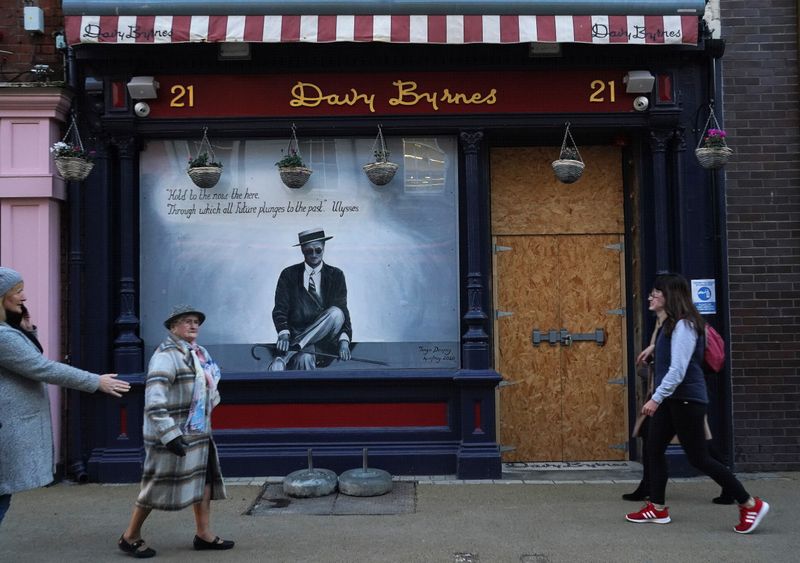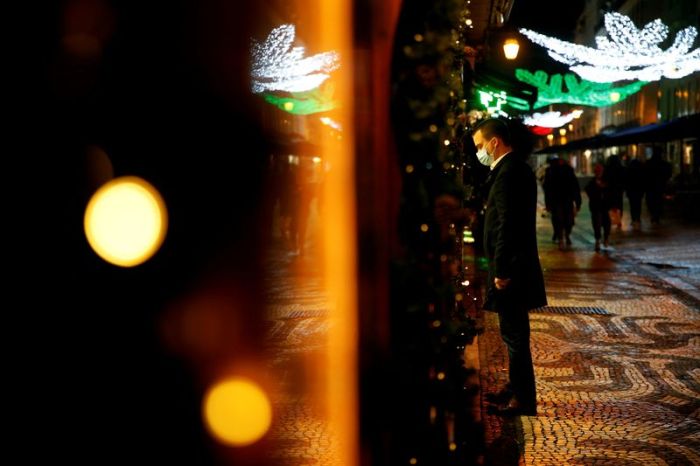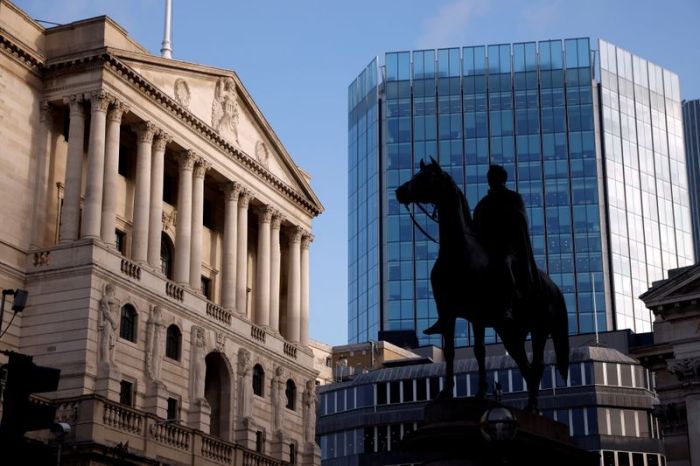By Conor Humphries
DUBLIN (Reuters) -Ireland, which has the second lowest COVID-19 infection rate in Western Europe, is set for a “serious increase” in cases following the relaxation of restrictions, its health minister said on Thursday, as officials called for new curbs.
Only Iceland has a lower infection rate among the 31 countries monitored by the European Centre for Disease Prevention and Control, after a six-week lockdown introduced in Ireland in mid-October drove rates down.
But cases hit a five-week high of 484 on Thursday, while forward-looking indicators like the number of people being referred for testing and the proportion of tests being returned positive were both rising quickly, officials said.
“The situation is precarious,” Health Minister Stephen Donnelly told parliament.
The lead indicators “are all pointing to a serious increase in cases,” he said, speaking after what he described as a “very sobering” talk with the country’s chief medical officer.
Prime Minister Micheal Martin later said that health officials had told him that tighter COVID-19 restrictions should be introduced before the end of the year.
The government will take the recommendation “very seriously,” he told state broadcaster RTE.
Earlier on Thursday, the head of the Irish Health Service Executive warned of an “explosive concoction” of factors pointing towards a surge in cases.
The government has focused on the reproduction number, which measures the number of people who become infected as a result of each positive case. It increased from 0.9-1 last week to between 1.1 and 1.3 this week, Donnelly said.
Ireland reopened restaurants earlier this month and was due to lift restrictions on people visiting other homes and travelling around the country on Friday.
(Reporting by Conor Humphries and Graham Fahy;Editing by Giles Elgood and Alistair Bell)

























